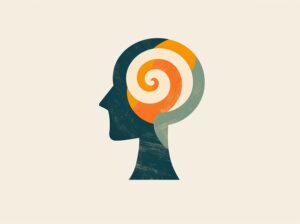Obsessive-Compulsive Disorder (OCD) is a mental health condition characterized by intrusive thoughts and repetitive behaviors that cause significant distress and disruption in daily life. Mental health counseling, particularly with evidence-based approaches like Cognitive Behavioral Therapy (CBT) and Exposure and Response Prevention (ERP), is crucial for managing OCD. Early intervention, consistent support, and specialized local therapy options empower individuals to challenge obsessions, reduce compulsive behaviors, and regain control over their lives. Building a robust support network, including family, friends, and mental health professionals, is vital for long-term management and recovery from OCD.
Obsessive-Compulsive Disorder (OCD) significantly impacts daily life, causing severe anxiety and distress. This article explores comprehensive local therapy options for managing OCD, focusing on evidence-based practices like mental health counseling. We delve into cognitive behavioral therapy (CBT), exposure and response prevention (ERP), and the crucial role of support networks. By understanding these strategies, individuals can navigate their journey towards overcoming OCD and reclaiming control over their lives with the aid of professional mental health counseling.
Understanding Obsessive-Compulsive Disorder (OCD) and its Impact on Daily Life

Obsessive-Compulsive Disorder (OCD) is a mental health condition characterized by intrusive thoughts and repetitive behaviors that individuals feel compelled to perform. These obsessions and compulsions can significantly impact daily functioning, causing distress and disrupting routines. Those affected often struggle with a sense of control, as their actions are driven by an underlying fear or anxiety. For instance, someone with OCD might repeatedly check if they’ve locked the door (compulsion) due to an obsessive worry about security. This cycle can consume vast amounts of time, leaving little room for other activities and relationships.
Seeking mental health counseling is a vital step toward managing OCD. Therapists skilled in this area can help individuals navigate their symptoms and develop strategies to cope. Through personalized treatment plans, often combining cognitive-behavioral therapy (CBT) and exposure and response prevention (ERP), patients learn to challenge their obsessions and reduce the urge to engage in compulsive behaviors. Early intervention and consistent support are key to mitigating the impact of OCD on one’s life, enabling individuals to regain control and enhance their overall well-being.
The Role of Mental Health Counseling in OCD Treatment
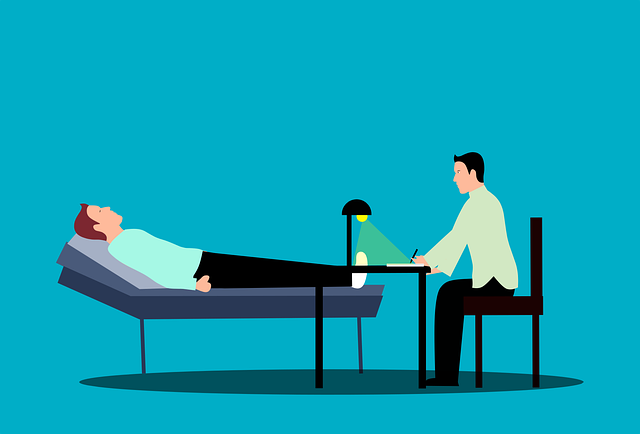
Mental health counseling plays a pivotal role in the comprehensive treatment of Obsessive-Compulsive Disorder (OCD). This form of talk therapy is centred around helping individuals understand and manage their obsessive thoughts and compulsive behaviours through various evidence-based approaches. One such approach is Cognitive Behavioural Therapy (CBT), which focuses on identifying and changing unhelpful thought patterns and behaviours.
Through mental health counseling, patients can develop coping strategies to confront and gradually reduce anxiety associated with OCD triggers. Counsellors guide individuals in learning relaxation techniques, exposure therapy, and response prevention – all aimed at reducing the impact of obsessions and compulsions on daily life. This tailored support enables those affected by OCD to gain insights into their condition, fostering self-acceptance and empowering them to manage symptoms effectively over time.
Local Therapy Options for OCD: An Overview
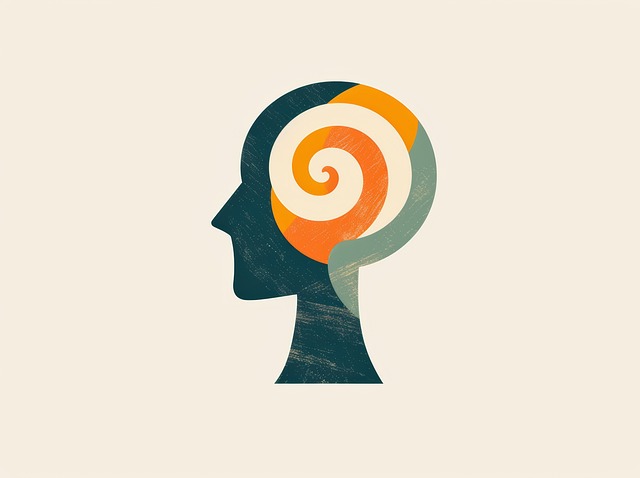
Local therapy options play a significant role in managing OCD, offering specialized support tailored to individual needs. One prominent approach is mental health counseling, which includes various evidence-based techniques like Cognitive Behavioral Therapy (CBT). CBT helps individuals identify and change unhelpful thought patterns and behaviors associated with OCD, promoting healthier coping mechanisms. Exposure and Response Prevention (ERP), a subset of CBT, is particularly effective in desensitizing patients to obsessions and reducing the urge to perform compulsions.
Additionally, other forms of local therapy such as Interpersonal Therapy (IPT) and Mindfulness-Based Cognitive Therapy (MBCT) can be beneficial. IPT focuses on improving relationships and social functioning, addressing potential sources of distress that may contribute to OCD symptoms. MBCT teaches individuals how to stay present and manage obsessions without resorting to compulsive behaviors. These local therapy options, when combined with medication and support from mental health professionals, provide a comprehensive approach to treating OCD effectively.
Cognitive Behavioral Therapy (CBT): A Step-by-Step Guide for Overcoming OCD
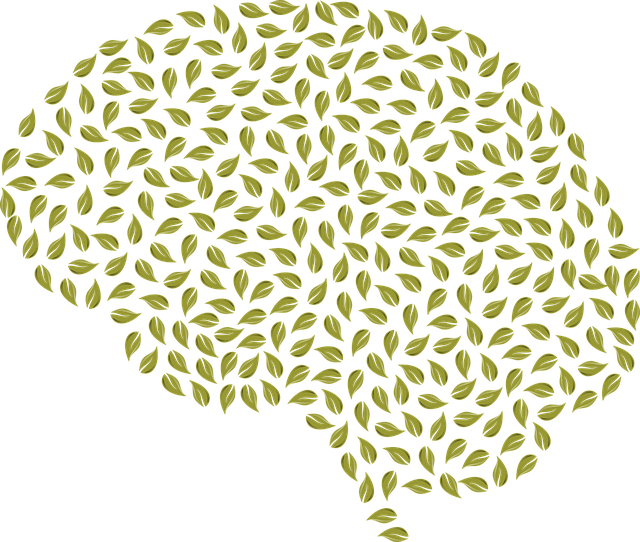
Cognitive Behavioral Therapy (CBT) is a highly effective approach for managing Obsessive-Compulsive Disorder (OCD). This type of mental health counseling focuses on identifying and changing negative thought patterns and behaviors that contribute to OCD symptoms. The process begins with understanding the connection between thoughts, feelings, and actions. CBT helps individuals recognize their obsessions—repetitive, unwanted thoughts or images—and the compulsions, or repetitive behaviors, they engage in to alleviate anxiety.
Through a structured step-by-step guide, CBT guides patients to challenge these obsessions and avoid performing compulsive rituals. This involves learning relaxation techniques, exposure and response prevention (ERP), where individuals gradually face their fears without performing compulsions, and cognitive restructuring, which aims to replace negative thoughts with more realistic and positive ones. By the end of this process, individuals can better manage their OCD symptoms and improve their overall mental health and quality of life.
Exposure and Response Prevention (ERP): Unlocking Freedom from OCD Symptoms

Exposure and Response Prevention (ERP) therapy is a highly effective approach within the realm of mental health counseling for treating Obsessive-Compulsive Disorder (OCD). It works by gradually exposing individuals to situations or objects that trigger OCD symptoms, while teaching them to prevent performing the habitual responses. This process helps patients face their fears without resorting to compulsions, thereby unlocking freedom from OCD’s hold.
ERP is a collaborative process where counselors guide clients through carefully structured steps. Initially, clients identify specific obsessions and the corresponding compulsions. Subsequently, they learn relaxation techniques to manage anxiety during exposure exercises. Through repeated exposure, patients confront their fears in real-life settings, gradually reducing avoidance behaviors. This evidence-based method has proven successful in numerous studies, offering a promising path to overcoming OCD and improving overall well-being.
Building a Supportive Network: Family, Friends, and Community Resources for OCD

Building a strong support network is an integral part of managing OCD effectively. Family and friends can play a pivotal role in a person’s recovery journey by offering understanding, patience, and encouragement. They can help create a safe and non-judgmental environment, which is crucial for individuals dealing with the challenges of OCD. Encouraging open conversations about the condition and its impact can foster a sense of belonging and reduce feelings of isolation.
Community resources, such as support groups or local mental health counseling services, provide additional layers of support. These platforms offer opportunities to connect with others facing similar struggles, allowing individuals with OCD to share experiences, gain insights, and learn coping strategies from peers. Accessing these resources can significantly enhance recovery efforts by providing a broader spectrum of support beyond family and friends.
Long-Term Management and Maintenance of OCD Recovery
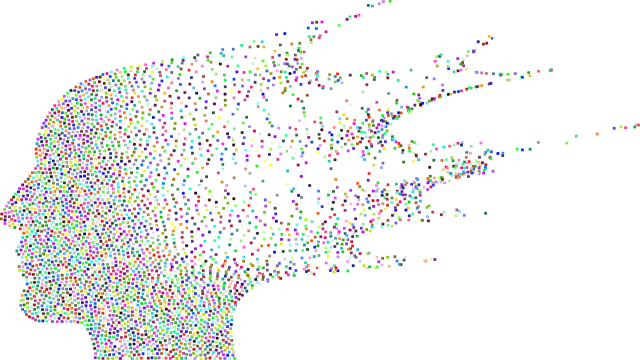
The journey towards overcoming Obsessive-Compulsive Disorder (OCD) is a process that often requires long-term management and maintenance to ensure sustained recovery. While initial intensive treatment may involve therapy, medication, or a combination of both, maintaining these gains over time is crucial for managing OCD effectively. One key aspect is continuing mental health counseling sessions, which provide ongoing support and guidance.
Regular therapy sessions help individuals with OCD stay focused on their progress, identify new challenges, and develop strategies to cope with relapses. Mental health counselors offer a safe space for clients to discuss their experiences, explore underlying causes, and learn effective management techniques. Through regular practice, individuals can strengthen their coping skills, enhance their ability to face triggers, and maintain the improvements achieved during initial treatment.
